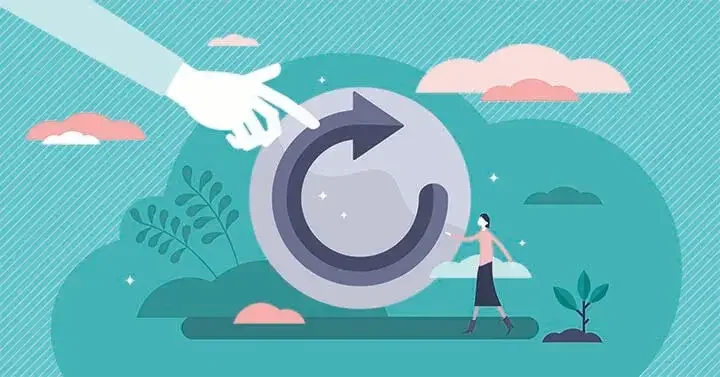On average, adults make about 35,000 decisions a day, experts estimate, including 226 purely about food, according to a Cornell University study. That means that in a typical eight-hour workday, you're going to make around 4,375 decisions. Odds are good that not all of them will be the right ones.

Everyone makes bad decisions from time to time. Some business mistakes only end up costing you time or self-respect, while others can cost you money—maybe lots of it.
The good news is that, despite a poor choice or bad business decision, you can certainly recover.
How to own a bad decision
The key is to own up to a bad decision immediately and take responsibility. Don't try to point the blame at anyone else for the decision you authorized. Accept any criticism.
Then, evaluate what led you to the decision. Explain why you made that particular choice. Timing, cost, availability and business relationships are some common considerations.
When to move on to Plan B
Assess what your options are now—and they may be different from what they were when you made your initial decision. Candidates you interviewed but didn't hire may have already accepted another position, or commercial space you looked at may now be rented.
It's not the end of the world. Now you just need to make another decision to get back on track.
Here are some potential ways to minimize the negative impact of a bad decision.
Reverse course
As soon as you realize you've made a bad decision, backtrack.
That's what Oliver Perryman, founder of Dehumidifier Critic, did when he realized that the accounting software he had chosen for his business—a decision he admits was based solely on price—was not a good fit for his rapidly expanding venture. And rather than try to live with the software, he simply switched to a more robust package with better features.
On the bright side, though it did take time to migrate the data to the new software, Perryman says, “it greatly enhanced the productivity of my accounting team."
Make amends
Sometimes the solution isn't to backtrack but to choose an entirely new approach.
That's what Ken Eulo, managing partner at the Smith & Eulo Law Firm, realized he needed to do. “One of the worst business decisions I have ever made was attempting to do my taxes on my own," he says. After weeks without success, he ended up hiring a professional accountant and paid extra in order to make the filing deadline.
Unfortunately, in Curtis Boyd's case, it cost a little more to right his wrong. Boyd, founder of Objection.co, put off paying corporate taxes his first year in business. “I found it easier to pretend they didn't exist and to push it off until later," he explains. Consequently, he was hit with “tens of thousands of dollars" in late fees and penalties and fines.
The good news is that he filed his taxes and “learned from it and moved on."
Cut ties
Hiring decisions are tough, especially when you need more human power to grow your company, or when a friend or family member really needs a job. But when a situation goes south, the best course of action may be to sever ties immediately.
That was the situation Alex Williams, owner of Hosting Data, faced when a friend was in need. “Sometimes your goodwill can fog your decisions," he admits, yet the arrangement worked well for a few months. And then it didn't. Only after clients began canceling contracts and staff left did one loyal employee speak up about the friend's unprofessional behavior and the negative impact it was having on the company.
Only then could Williams see clearly what had been happening, and the two friends were able to part ways as employer and employee.
Beyond the practical aspects of changing course is the emotional toll of facing failure. Accepting that you've made a mistake can be tough, especially when the mistake becomes public. Your self-confidence and esteem may be damaged.
But if you stay focused on the future, you'll quickly get past any criticism or negative whispers. Look ahead to where you're going and learn from your mistakes.

